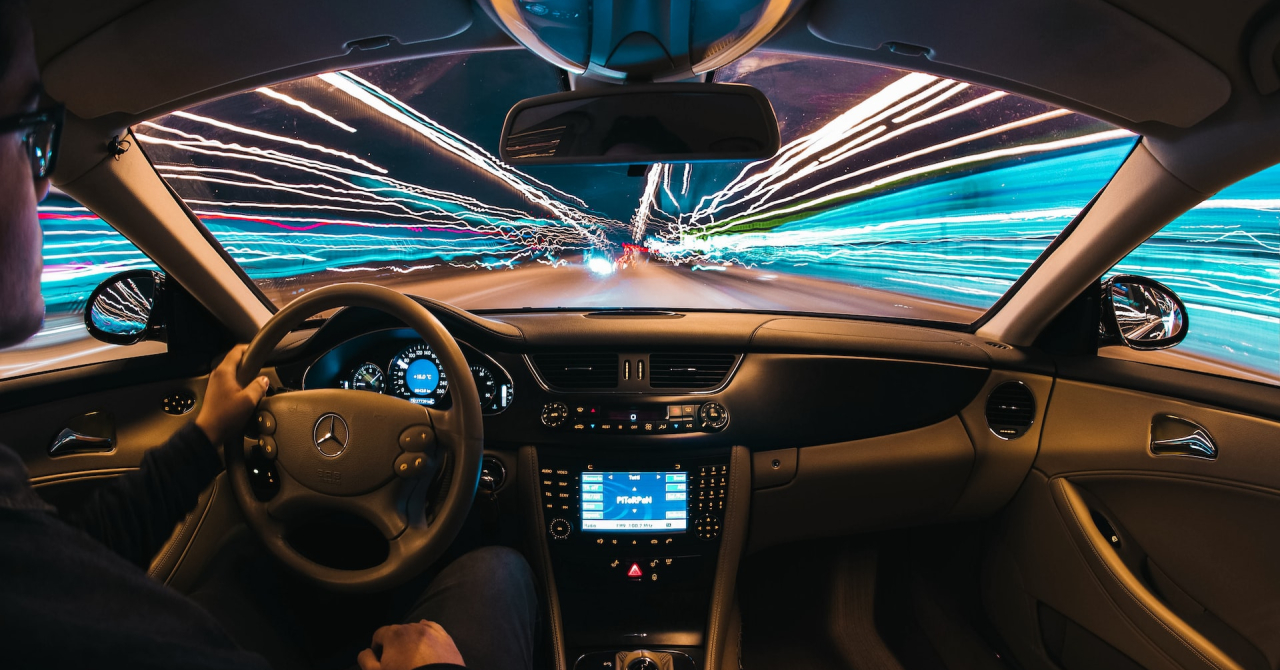According to MIT News, experts believe that if autonomous cars are to be widely adopted, their carbon footprint could account for as much as 0.3% of the world's total today.
Scientists were also able to determine that, if 90% of vehicles are to be autonomous, in order to prevent those EVs from consuming more power than our current data centers, each vehicle will have to use less than 1.2 kilowatts. This means that they'll have to be more energy efficient than they are today.
Also, if 95% of the world's vehicle fleet will be completely autonomous by 2050, research shows that energy efficiency must double faster than every 1.1 years per year to avoid emissions going above what our data centers release today.
Author Soumya Sudhakar said that "if we just keep the business-as-usual trends in decarbonization and the current rate of hardware efficiency improvements, it doesn’t seem like it is going to be enough to constrain the emissions from computing onboard autonomous vehicles."
Scientists say that one way hardware efficiency could be boosted is by running specialized processors, designed to run driving algorithms. Also, these processors can be enhanced by developers to run more efficient algorithms, effectively lowering the amount of work they need to do.
 Mihai - Cristian Ioniță
Mihai - Cristian Ioniță












Any thoughts?